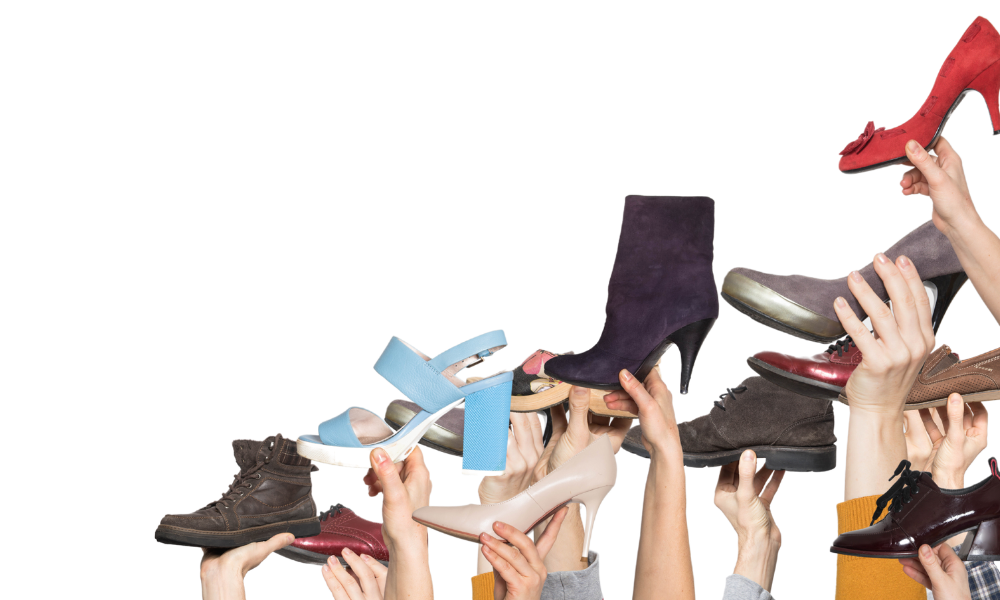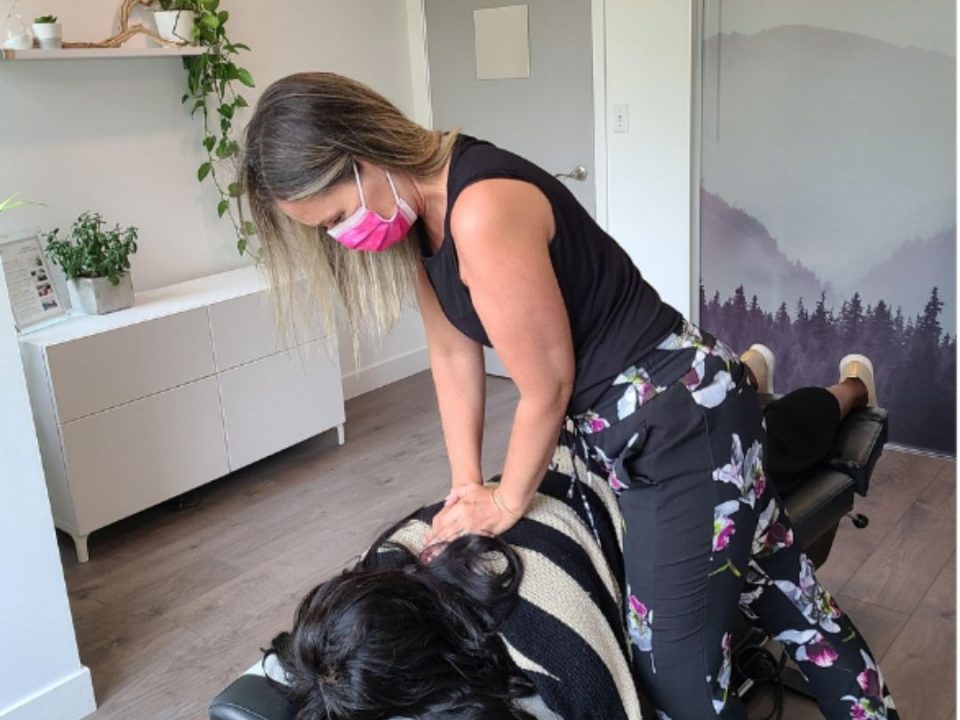Why you shouldn’t wear heeled shoes

Why You Need to Consider Taking Immunitone Plus
November 5, 2021
A Twist on Turkey Dinner
December 8, 2021Why You Shouldn't Wear Heeled Shoes
The negative effects of heeled shoes on spinal health can lead to long-term pain or discomfort, especially in the back and neck. There is no gender discrimination when it comes to spinal health, and that also includes the type of footwear you include in your daily attire. Shoes with heels are common in many different types of footwear including men's dress shoes, gym shoes or runners, and women's high heels. All these have enough heel to impact overall spinal health.
The impact of heeled shoes on spinal function is generally worse for those that wear very high heeled shoes on a regular basis. Studies show that significant heel elevation (4-6 cm) decreases the ability to maintain a normal spinal curvature by up to 50%. This spinal malpositioning is thought to be from the need to contract spinal ligaments and spinal muscles because of increased spinal loading from the heels.

Reason # 1 to Forgo Heeled Footwear
Wearing heals on a day to day basis can cause damage to leg and foot muscles. When you wear high heels, the shoe points your heel in an unnatural upward position which can shorten Achilles tendon, which is attached to a band of muscles at the base of the calf. In addition to this unhealthy stress on calf tissues and ankle sprains from rapid foot motion while taking steps with too much momentum for such tight footwear, wearing them has been associated with plantar fascitiis as well - inflammation of one's feet/legs caused by trauma or overuse that occurs when muscles become tighter than they should be.
Reason # 2 to Forgo Wearing Heels
Women are more likely to wear high heels such as wedges, stilettos, pumps and platforms (did you know there are over 25 types of heels!!). Of course we realize that it's not just women, but those who identify as women.
Heels cause the body to tilt forward, which puts a lot of stress on the vertebrae in your neck. This excess pressure can lead to problems such as neck pain, tension headaches and even chronic migraines.
Reason # 3 to Forgo Wearing Heels
In addition to the reasons listed above, wearing high heels regularly can also lead to conditions such as bunions, hammertoes and plantar fasciitis. Bunions are a deformity of the joint at the base of your big toe, while hammertoe is a deformity of the toe next to your big toe. They both result from tight shoes that put pressure on your toes for extended periods of time. Plantar fasciitis is an inflammation of the ligament along the bottom of your foot. Wearing high heels can place excess pressure on this ligament, causing it to become inflamed or irritated.
See our post on how Cold Laser Therapy can help plantar fasciitis
WHAT YOU CAN DO IF YOU HAVE BACK PAIN FROM HEELED SHOES:
Ideally, if you have chronic back pain and wear heeled shoes on a daily basis, the first step will be to begin reducing the height of the shoe. The goal would be to be in a minimal heeled shoe. It takes time to progress down to a minimalist type of shoe, so take your time and allow your foot, ankle, calf and whole body to adjust to the change.
If you are suffering from lower back pain due to wearing heeled shoes, Chiropractic care can help get you back on track for improved spinal health. Chiropractors are trained specifically how the skeletal system functions, which includes understanding how changes in one's anatomy can impact your overall health.
Chiropractic care is non-invasive and costs very little when compared with costs of surgery or medication for neck problems. If you have neck pain related to heeled shoes, contact a Sequoia Wellness Collective for you Chiropractic schedule your appointment.






